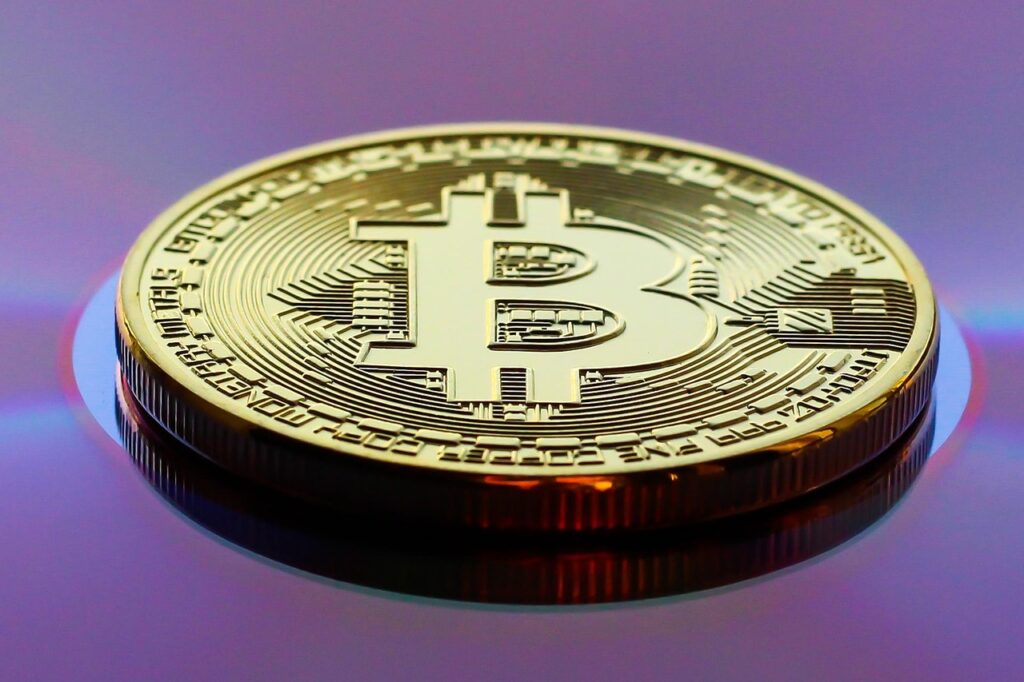In today’s rapidly evolving financial landscape, the search for stable and reliable investment options has become more critical than ever. Amidst global economic uncertainties, cryptocurrencies like Bitcoin have emerged as promising alternatives to traditional financial systems. As inflation and economic pressures mount, leading figures in the financial world are increasingly endorsing Bitcoin’s potential as a mainstream asset and a store of value.
Bitcoin: The New Beacon of Financial Stability?
Tim Draper’s Bold Bitcoin Prediction
Famed venture capitalist and vocal cryptocurrency advocate, Tim Draper, has captured headlines once more with his optimistic perspective on Bitcoin. In a recent discussion on CNBC, Draper referred to Bitcoin as a viable “alternative” to conventional financial structures, which are currently strained by economic challenges. Despite temporary market setbacks and Bitcoin’s decline from its August peak of $124,000, Draper’s remarks highlight Bitcoin’s supposed durability and its role as a safeguard against economic instability, inflation, and centralized financial systems.
During the interview, Draper restated his ambitious prediction of Bitcoin reaching $250,000, despite its current market performance. This forecast underscores his steadfast belief in Bitcoin’s evolution from a speculative asset to a cornerstone of global finance. He emphasizes Bitcoin’s capacity as a hedge against poor fiscal management, excessive governmental expenditures, and inflationary pressures. Draper envisions Bitcoin as a strategic alternative enabling individuals and enterprises to adapt to shifting government policies and economic conditions.
Draper also pointed out Bitcoin’s increasing global acceptance, even in regions historically resistant to technological advancements. He credits these countries with initially showcasing Bitcoin’s potential before it attained mainstream status. According to Draper, Bitcoin offers a solution to unchecked governmental spending, which has continually escalated over the past century. He posits Bitcoin as a superior store of value, even surpassing traditional assets like gold, drawing an analogy to ancient trading mediums like shells.
The Continued Confidence in Institutional Bitcoin Purchases
Despite Bitcoin’s recent downturn from record highs, institutional investors demonstrate growing confidence in its long-term potential through continued acquisitions. Metaplanet, a leading Japanese investment firm, epitomizes this trend with its substantial Bitcoin purchase, showcasing the company’s belief in Bitcoin’s enduring value.
Simon Gerovich, President of Metaplanet, disclosed their latest acquisition of 103 Bitcoins at the cost of $113,491 each, amounting to approximately $11.7 million. This acquisition increased the firm’s holdings to an impressive 18,991 Bitcoins, valued at roughly $1.95 billion, boasting a Year-To-Date yield of 479.5%.
Is Bitcoin a Safe Investment for the Future?
Bitcoin is often hailed as a hedge against economic instability and inflation. However, its volatility presents both opportunities and risks. Potential investors should evaluate market trends, regulatory developments, and their own risk tolerance before investing.
What Factors Could Influence Bitcoin’s Price?
Several elements can impact Bitcoin’s price, including regulatory changes, market demand, technological advancements, and macroeconomic indicators. Staying informed about these factors can aid investors in making strategic decisions.
Why Do Institutional Investors Favor Bitcoin?
Institutional investors are drawn to Bitcoin for its potential to act as a store of value, its decentralized nature, and its growing acceptance across various sectors. These factors make Bitcoin an attractive addition to diversified portfolios.
The insights provided in this guide offer a comprehensive overview of Bitcoin’s role in the evolving financial ecosystem, its growth potential, and its investment implications. The FAQs aim to address common questions, equipping readers with essential knowledge to make well-informed financial decisions.

